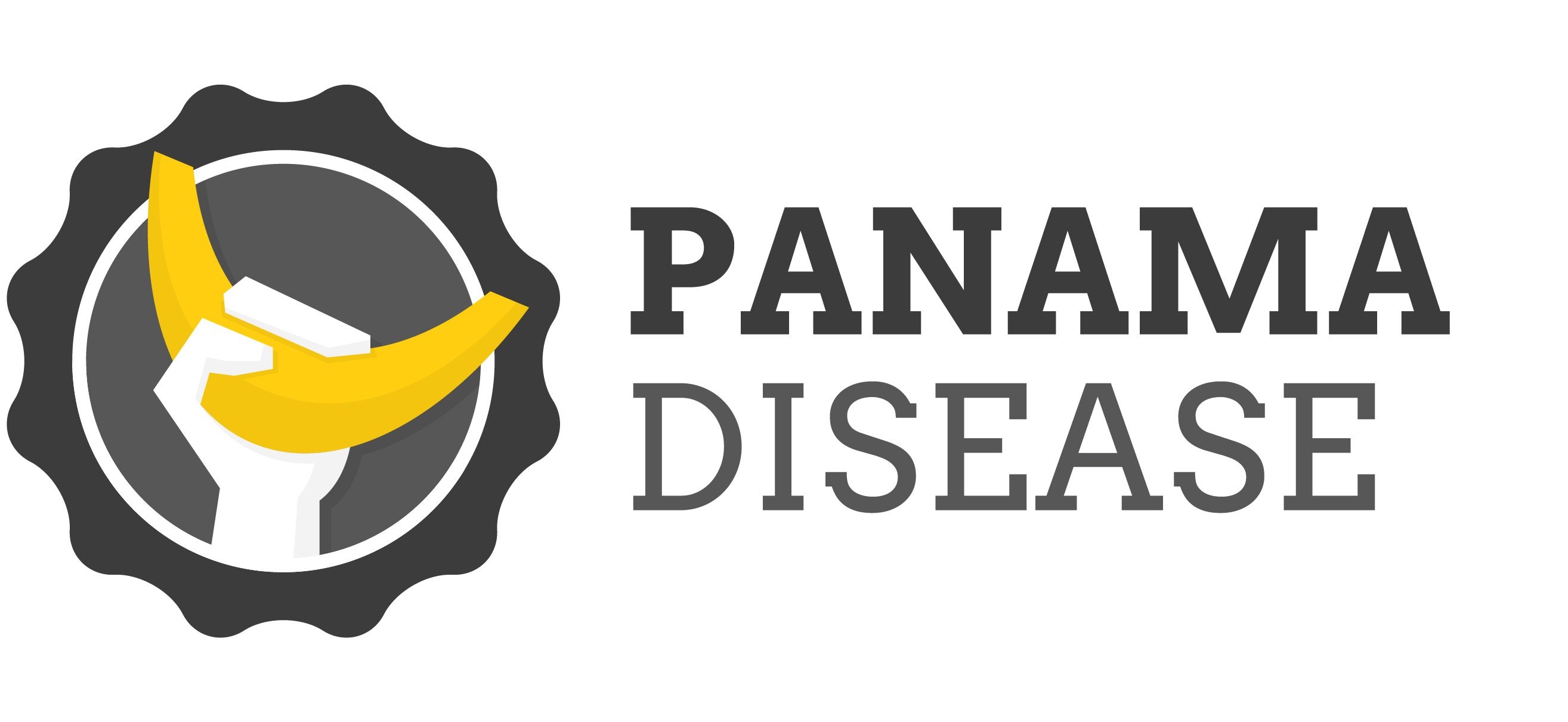Nov 23, 2016 | Meeting
A high diplomatic delegation from the Philippines visited Wageningen University and Research as well as several spin-off companies with major activities in Mindanao on November 22. The delegation comprised of Arnel V. de Mesa (National Deputy Project Director, Philippine Rural Development Project, Philippine Department of Agriculture), Marjorie Grace Rafols (Project Development Associate, Philippine Rural Development Project, Philippine Department of Agriculture), Rep. Jericho Jonas B. Nograles (Member, Philippine House or Representatives) and Erlinda Z. Aquino (Consultant, Philippine House of Representatives).
The interest of the delegation was primarily in banana R&D and potential technologies that can be implemented in the Philippines. Gert Kema incorporated several examples of technology push in an invited talk at a meeting titled “Innovation for sustainability: What can the Philippine-Netherlands partnership contribute”, which was organized at UP Los Baños to celebrate the 150th and centennial consular and diplomatic relationship between the Philipines and The Netherlands on March 10. Prof. Kema illustrated how the Netherlands made the agricultural sector attractive to young people by applying high end technology to the field. Besides, this use of high technology guaranteed a stable and relatively high income for farmers.
Back to News page
Nov 22, 2016 | Meeting, Visit
On 21 November Mr. Luis Felipe Arauz, Minister of Agriculture of Costa Rica visited the banana program at WUR. Gert Kema and Rafael Segura Mena, INREF sandwich PhD from the national banana coporation of Costa Rica (Corbana), had the honour to explain ongoing banana research with a focus on Panama disease and black Sigatoka. The minister has a PhD in plant pathology from UC Davis and served as professor at the University of Costa Rica. As banana is among the most important export crops of Costa Rica, no wonder a lively discussion developed next to the greenhouse with over 4,000 young banana plants.
Also visite the official website of the Ministry Of Agriculture of Costa Rica:
http://www.mag.go.cr/
Back to News page
Nov 18, 2016 | Studies
The Indonesian-Dutch research team investigates social, agro-ecological and biological conditions for conserving diversity of bananas. Bananas are deep-rooted in the Indonesian landscape and form an essential ingredient of the daily menu of people in cities and villages. It seems unthinkable that the various uses of bananas, such as eating or sharing fresh bananas, selling bunches to local traders, manufacturing banana chips or wrapping food in banana leaves, will disappear.
The international and interdisciplinary research collaboration focusing on the diversity of Indonesian bananas is funded by the Royal Netherlands Academy of Arts and Sciences (KNAW) – Scientific Programme Indonesia – Netherlands (KNAW-SPIN) and a range of scholarships through the Indonesian Directorate General for Higher Education (DIKTI). The programme provides training of four PhD candidates, three post-doctoral research fellows, and a small group of Indonesian master students. The partnership involves the Universitas Gadjah Mada (UGM) in Yogyakarta, the Institut Pertanian Bogor (IPB) in Bogor, the Lembaga Ilmu Pengetahuan Indonesia (LIPI) in Cibinong and Wageningen University & Research, the University of Amsterdam (UvA), the KNAW-Netherlands Institute of Ecology (NIOO-KNAW), and the KNAW-Westerdijk Fungal Biodiversity Institute. The KNAW-SPIN project on banana is coordinated by Professor Gert Kema (WUR) and Professor Siti Subandiyah (UGM).

One of the locations on Central Java (Indonesia) where samples were taken (click image to see location)
Back to News page
Nov 10, 2016 | Studies
On Monday 31 October 2016 Pablo Chong Aguirre, originating from Ecuador, successfully defended his PhD thesis on “The origin, versatility and distribution of azole fungicide resistance in the banana black Sigatoka pathogen Pseudocercospora fijiensis”. Professors Pedro Crous and Gert Kema, Pablo’s supervisors, proudly presented the diploma to Pablo. The research papers from Pablo’s thesis are foreseen for 2017.
Read about the PhD thesis that Pablo Chong Aguirre defended here:
https://www.wur.nl/nl/activiteit/The-originversatility-and-distribution-of-azole-fungicide-resistance-in-the-banana-black-Sigatoka-pathogen-Pseudocercospora-fijiensis.htm
Summary
Pseudocercospora fijiensis causes black Sigatoka disease of banana. It is one of the most damaging threats of the crop requiring excessive fungicide applications for disease control as the major export “Cavendish” clones are highly susceptible. The consequence of this practice is the reduced efficacy of disease management strategies due to increasing levels of fungicide resistance. In this thesis the history and current practices of black Sigatoka disease management as well as the underlying mechanisms of fungicide resistance to a major group of fungicides are described. We discovered that both target site mutations and promotor insertions are crucial for modulating sensitivity. The more insertions, the higher the expression of the gene and the more resistant the strain. Using this information, we advocate modern monitoring techniques and improved disease control strategies as well as the urgent need for innovative banana breeding to develop resistant varieties for a sustainable global banana production.
Back to News page


Recent Comments